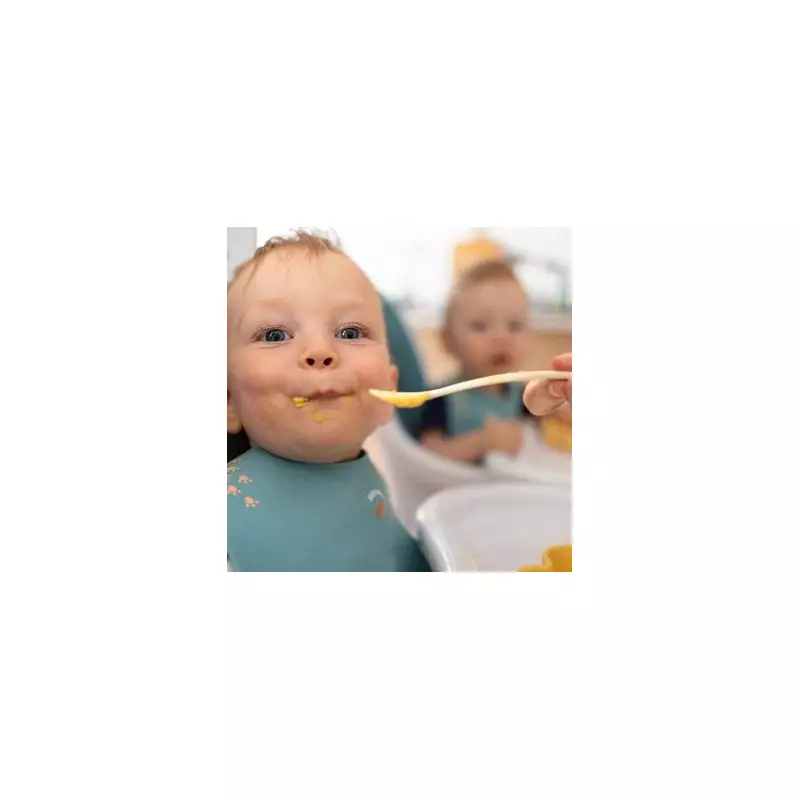
In a remarkable twist of medical history, researchers from the University of Portsmouth have uncovered that a forgotten feeding method from the Second World War could hold the key to reducing allergy rates in today's infants.
The study, published in the journal Allergy, reveals that babies born during the 1939-1945 conflict developed significantly fewer allergies than subsequent generations. Scientists believe this protection stemmed from wartime feeding practices that inadvertently strengthened infant immune systems.
The Wartime Advantage
During the war years, breastfeeding became more common out of necessity, with many mothers unable to access formula milk. This natural feeding method, combined with the introduction of simple, home-cooked weaning foods, appears to have provided lasting protection against allergic conditions.
Lead researcher Dr. Jennifer Worth explained: "The wartime generation experienced remarkably low rates of allergies compared to babies born just a decade later. Our analysis suggests their early nutrition played a crucial role in building resilient immune systems."
Modern Implications for Parents
The research comes at a critical time, as allergy rates among UK children continue to climb. Current NHS statistics show that approximately 40% of children now suffer from some form of allergic condition.
The Portsmouth team recommends that modern parents could benefit from adopting elements of this historical approach:
- Extended breastfeeding where possible
- Delayed introduction of complex processed foods
- Simple, home-prepared weaning meals using fresh ingredients
- Gradual exposure to potential allergens under medical guidance
A Return to Simplicity
Unlike today's array of specialised baby foods, wartime infants typically transitioned to family meals - often vegetable-based due to rationing - which researchers believe contributed to their robust immune development.
Dr. Worth emphasises: "We're not suggesting a return to wartime austerity, but rather learning from its nutritional successes. Simple, minimally processed foods introduced at the right developmental stage could make a significant difference to children's long-term health."
The research team is now calling for updated NHS feeding guidelines that incorporate these historical insights, potentially offering a natural solution to Britain's growing childhood allergy crisis.





